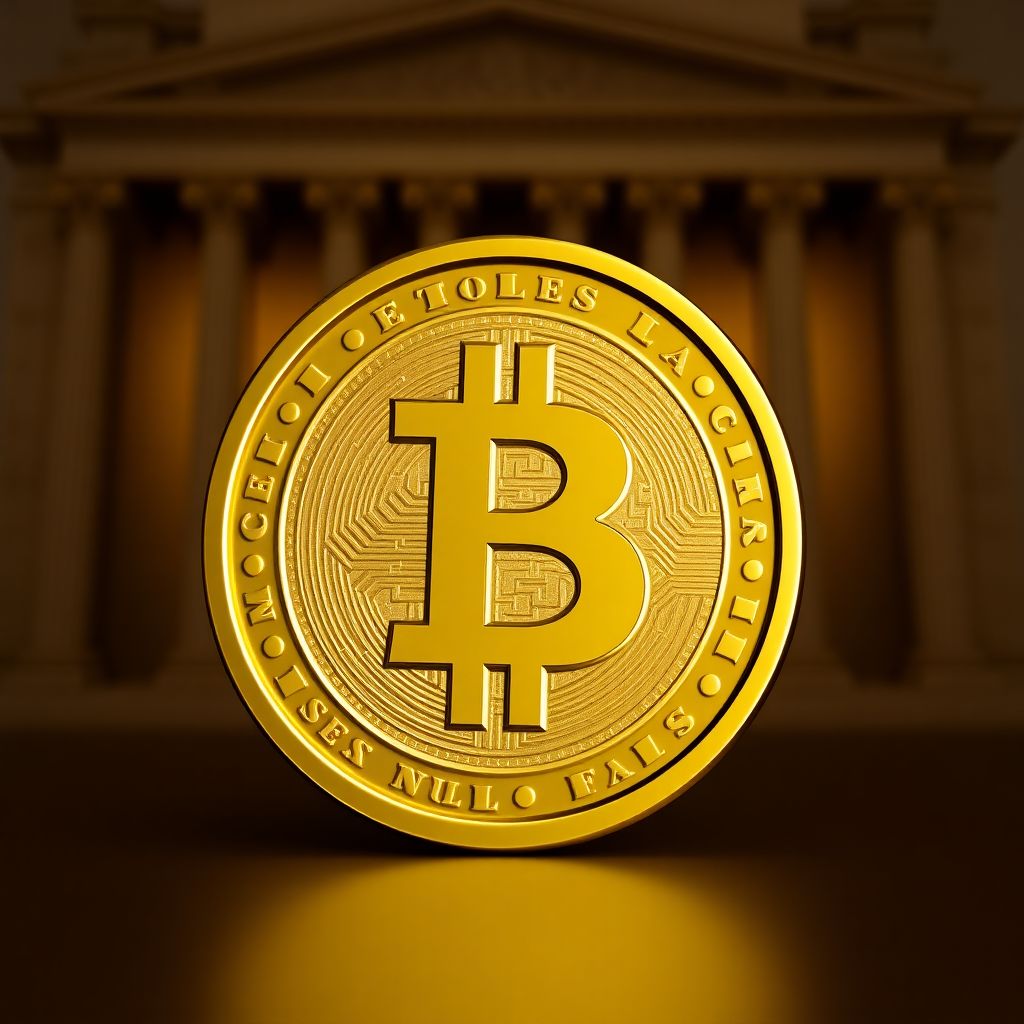Circle Advocates for Clear, Uniform Rules in GENIUS Act Rollout
As U.S. regulators prepare to implement the GENIUS Act — a legislative framework designed to regulate payment stablecoins — Circle has submitted its formal comments to the U.S. Treasury, emphasizing the need for straightforward and consistent regulatory guidelines. Unlike some industry counterparts, Circle refrained from opposing provisions related to interest-bearing stablecoins, instead focusing on advocating for a level playing field across all types of stablecoin issuers.
The Treasury’s public comment period on the GENIUS Act closed on Tuesday, marking an important milestone in the law’s implementation process. Though signed into law in July, the act will not come into effect until either 18 months post-enactment or 120 days after regulators finalize the necessary rules.
In its submission, Circle underscored the importance of applying the same regulatory standards to banks, non-banks, domestic, and international issuers alike. According to the company, this approach would protect consumers from the risks associated with regulatory arbitrage and inconsistent oversight. “All issuers—regardless of institution type or geography—should be governed by the same framework to ensure consumer safety and financial stability,” the company stated.
Circle reiterated its support for the core principles that underlie the GENIUS Act, particularly the requirement that stablecoins be fully backed by cash or high-quality liquid assets. The issuer also called for enforceable compliance measures and transparent consequences for violators. In Circle’s view, uniform oversight and cooperation with international regulatory regimes would strengthen competition while curbing the risks posed by offshore entities circumventing stricter U.S. rules.
In contrast to Circle’s approach, Coinbase submitted its own recommendations urging the Treasury to allow interest payments on stablecoins by exchanges, but not by issuers. This came in response to mounting pressure from banking organizations, which have expressed concern over the implications of interest-bearing stablecoins on the broader financial system.
Despite the GENIUS Act becoming law nearly three months ago, broader progress on digital asset regulation has stalled. A separate bill focused on the market structure for digital assets has seen little advancement in the Senate, largely due to a prolonged government shutdown and ongoing partisan gridlock. While bipartisan discussions are reportedly underway, neither the Senate Agriculture Committee nor the Banking Committee has released updated drafts or timelines for further action.
Circle’s response marks its continued engagement in shaping the U.S. regulatory landscape for digital assets. The company, known for issuing the USDC stablecoin, has long advocated for greater regulatory clarity and accountability in the industry. By supporting strong, enforceable rules that apply to all players equally, Circle aims to establish trust in stablecoins as a reliable payment mechanism.
The GENIUS Act represents a significant step toward formalizing the role of stablecoins in the U.S. financial system. However, its effective implementation will depend on more than just regulatory clarity. It will require coordination among federal agencies, industry stakeholders, and international partners to ensure the rules are both practical and enforceable in a global context.
Additionally, the debate over interest-bearing features on stablecoins highlights the tension between innovation and systemic risk. While some argue that interest payments can enhance the appeal and utility of stablecoins, others warn that such features could blur the lines between traditional banking products and digital assets, potentially introducing new vulnerabilities into the financial system.
Another critical issue is the supervision of foreign stablecoin issuers operating within U.S. markets. Circle’s call for shared oversight with “trusted foreign regimes” reflects growing concerns about regulatory arbitrage, where issuers could seek out jurisdictions with laxer standards to avoid stricter U.S. compliance requirements. Coordinated international supervision could help close these loopholes and strengthen global financial integrity.
From a consumer perspective, the push for clear and consistent rules could also bolster trust in stablecoins, encouraging broader adoption for payments and remittances. Regulatory uncertainty has long been a barrier to mainstream use, and the GENIUS Act, if implemented effectively, could provide the legal assurance many users and institutions have been waiting for.
Looking ahead, stakeholders will be closely monitoring how the Treasury finalizes the rules and how enforcement mechanisms will be structured. The success of the GENIUS Act could serve as a model for other jurisdictions looking to regulate stablecoins, potentially setting a global standard for digital asset governance.
In sum, Circle’s position underscores a broader industry desire for regulatory certainty, transparency, and fairness. As policymakers weigh competing views from stakeholders across the financial and digital asset sectors, the final shape of the GENIUS Act’s implementation will play a crucial role in determining the future of stablecoins in the U.S. and beyond.

